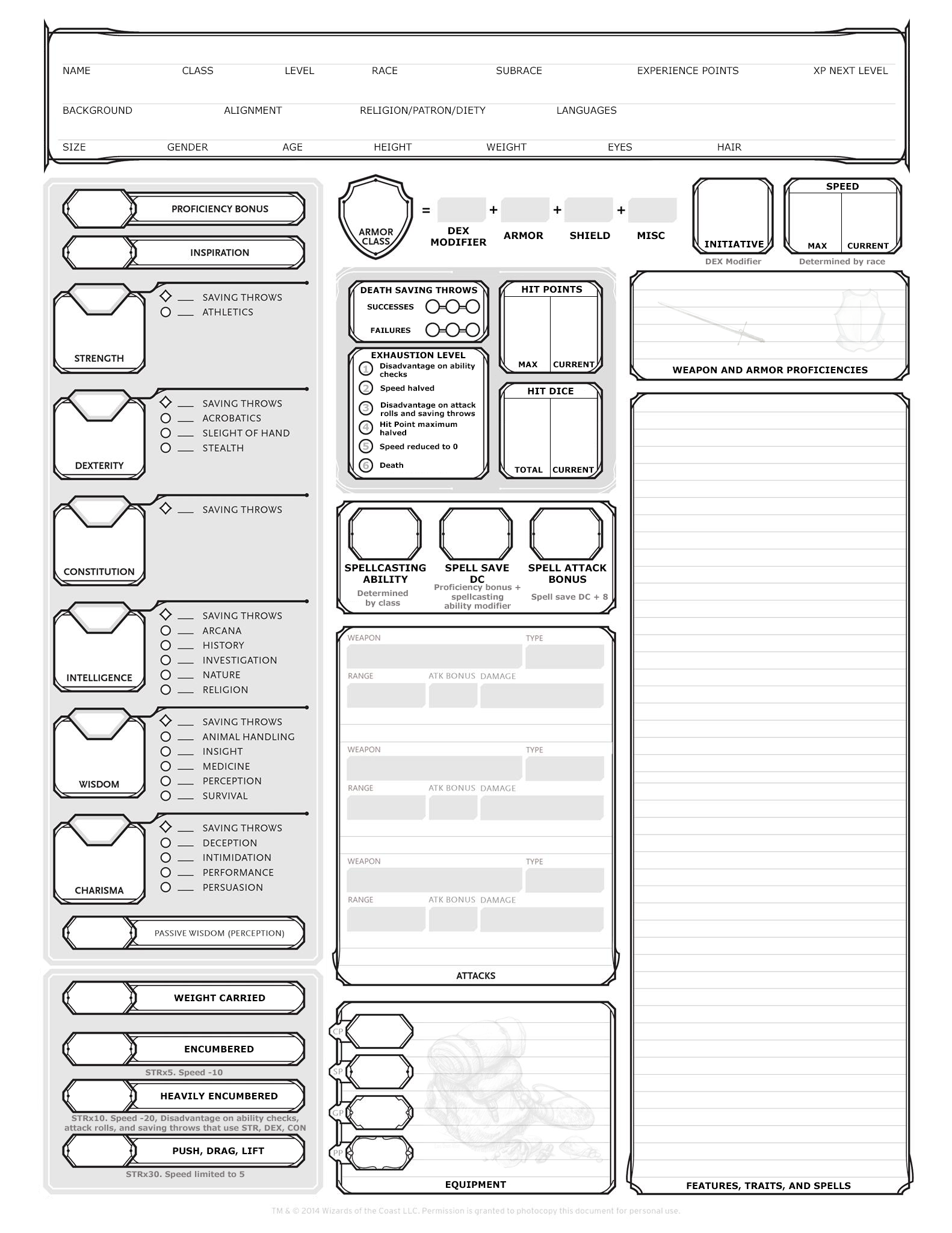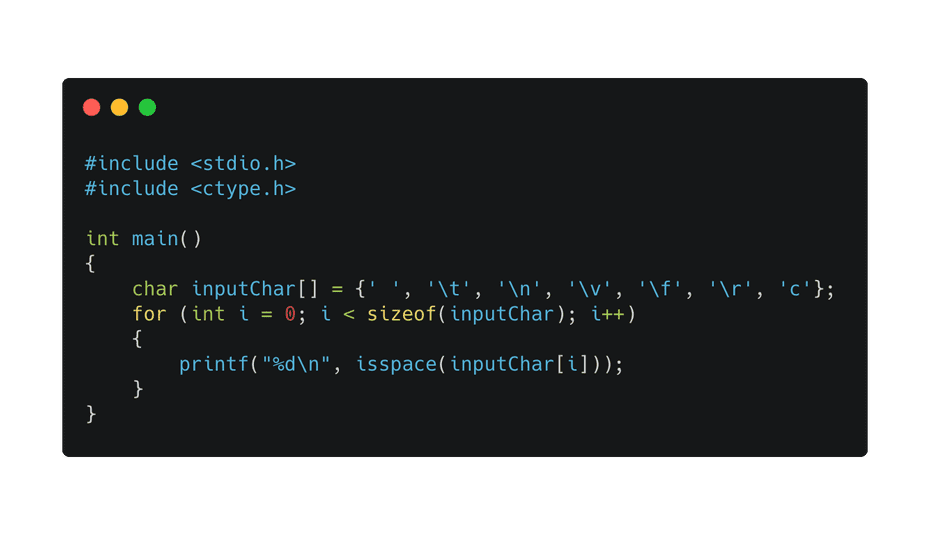In C programming language, it is often necessary to check if a character is printable or not. This can be useful when dealing with input validation or when processing strings. To determine if a character is printable, we can use the `isprint()` function provided by the C standard library.
The `isprint()` function is used to check if a character is a printable character or not. It takes a single argument of type `int` which represents the character to be checked. If the character is printable, the function returns a non-zero value. Otherwise, it returns 0.
 C Check If Character Is Printable
C Check If Character Is Printable
Download and Print C Check If Character Is Printable
Here is an example of how to use the `isprint()` function in C:
“`c
#include
#include
int main()
char ch = ‘A’;
if (isprint(ch))
printf(“The character %c is printable
“, ch);
else
printf(“The character %c is not printable
“, ch);
return 0;
“`
When you run the above code, it will output: “The character A is printable”. This is because the character ‘A’ is a printable character.
It is important to note that the `isprint()` function only checks if a character is printable based on the ASCII values. Characters such as control characters (e.g. newline, tab, etc.) are considered non-printable. Therefore, it is essential to consider the specific requirements of your program when using this function.
In conclusion, the `isprint()` function in C is a useful tool for checking if a character is printable or not. By using this function, you can ensure that your program handles characters appropriately based on their printable status. Remember to always consider the specific requirements of your program when using this function.
